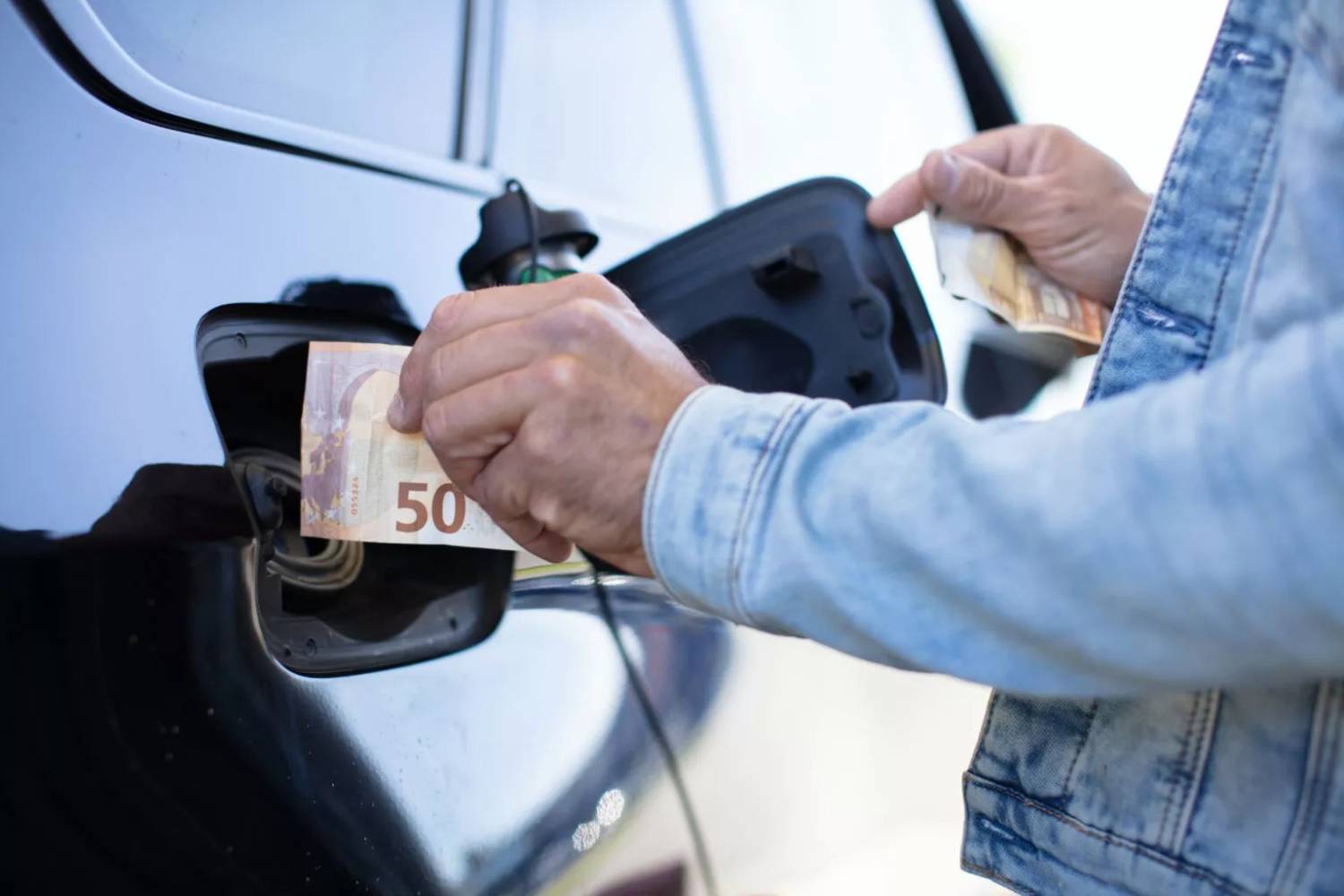So, the Eurostat data came out the day before yesterday, at good timing since Makis Keravnos had collectively alarmed us when he announced the abolition of the fuel tax subsidy.
“In Cyprus,” he said, “we still have the lowest petrol price in the whole of the European Union.”
Compared to the whole European Union? And we don’t feel ashamed at all to complain that we supposedly can’t make ends meet and want the tax to be gifted to us?
Of course, we commented that in Europe, because there are public transport options, private vehicles might not be a “necessity”, as they are in Cyprus, but what does it matter!
Petrol prices went up, they will go up even more, but we must know that “we still have the lowest petrol price in the whole European Union”. Oh, and in the occupied territories, Mr. Makis, they have an even lower price; they’ll tell you at the Agios Dometios checkpoint if you want to know.
So, Eurostat arrived uninvited to rub salt in the wound.
In 2023, it says, in Cyprus, the average hourly wage was 20.1 euros. In the Eurozone, where Cyprus is also located, it was 35.6 euros.
And across the entire EU economy, it was estimated at 31.8 euros. Quite a difference, eh? However, we have cheaper petrol, so what does the wage matter?
Imagine, though, if the Minister of Finance compared us to Luxembourg, for example.
Which has an hourly wage of 53.9 euros. Or, at least, with Denmark which has €48.1 or Belgium which has €47.1.
But probably, he compares us to Bulgaria and Romania which have lower wages… After all, who said we should compare ourselves with the best? We should compare ourselves with the worst to think that we are doing well.
Because, as we learned back when we were hit by the economic crisis and didn’t know where it came from, psychology plays a significant role in the economy.
If you believe that “we still have the lowest petrol price in the whole European Union”, you will run to waste petrol for fun, the revenues of a few companies will increase, the taxes collected by the state will rise, and money will move.
Just like private cars. Everything shouldn’t stand still and their engines seize up.
Moreover, they gave us CoLA, as Mr. Keravnos said, which “boosted workers’ incomes”.
Is that enough? Of course, around seventy thousand public and semi-public sector employees receive CoLA, while out of half a million private sector workers, very few get CoLA; everyone else gets something we might consider inappropriate.
But again! Psychology matters. When the government keeps saying that it regulated CoLA and boosted workers’ incomes, psychologically private sector workers will feel empowered.
Let’s just remember that a decade ago, in 2013, we experienced a unique shock in Europe.
From that shock, according to European Central Bank data, the net wealth of households had decreased by 40%, and their gross income decreased by 34.2%.
This, along with wages which are still at the bottom of Europe or slightly above the bottom, shows that any comparison with other EU countries is at least misleading.
Because the quality of life of the Cypriots went decades back and stayed there.
At what point are we stacked? Another Eurostat report is indicative, which showed that in 2019, 48% of people in Cyprus could not handle unexpected financial expenses.
That is, a surgical operation, replacing their washing machine, car, or even funeral expenses. Yes, that too. Funeral expenses!
Since 2019, I don’t think anything has changed. That’s why when they tell us that our economy is booming and that we can pay taxes, they should hold back a bit, not play with people’s nerves.






